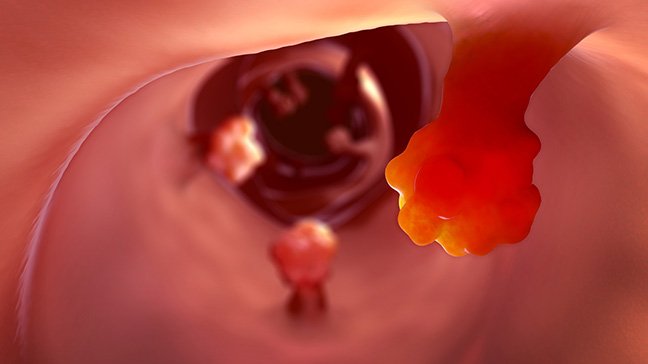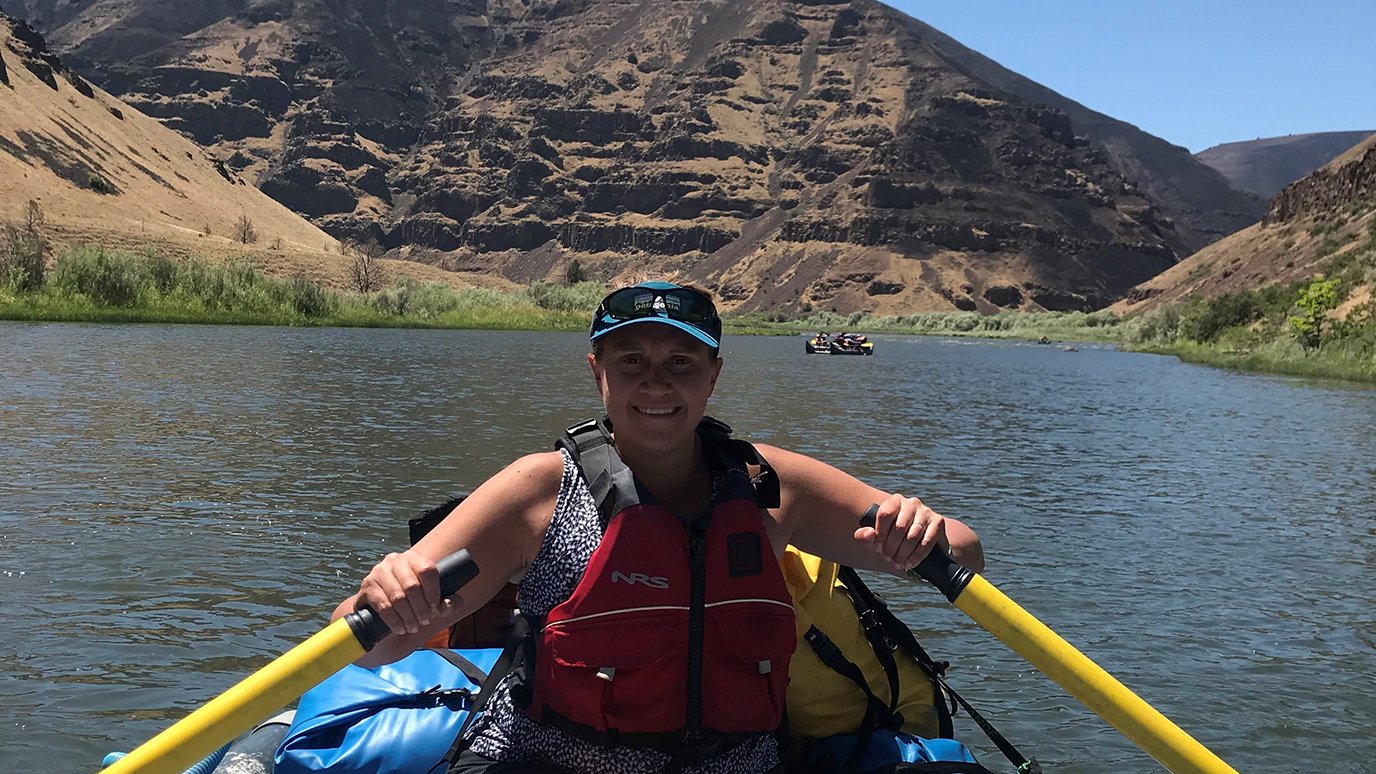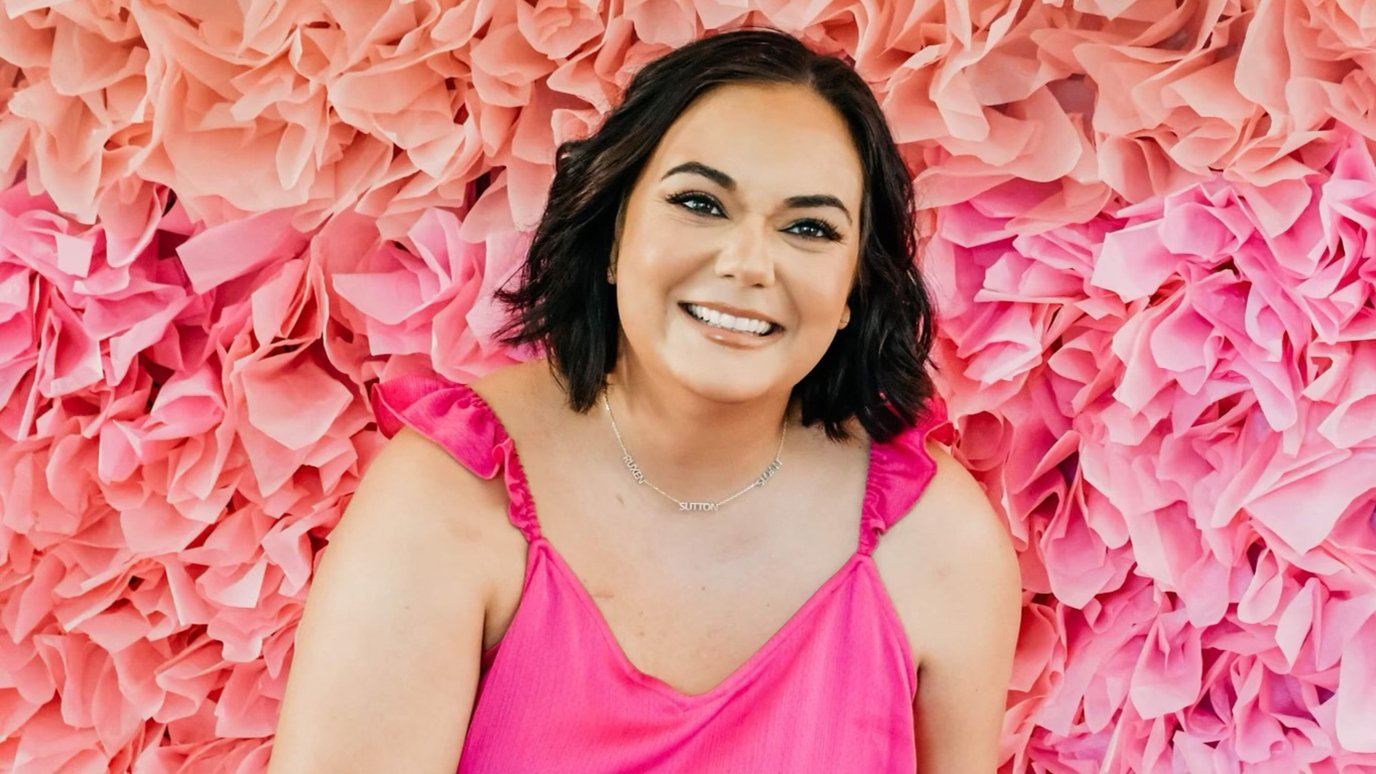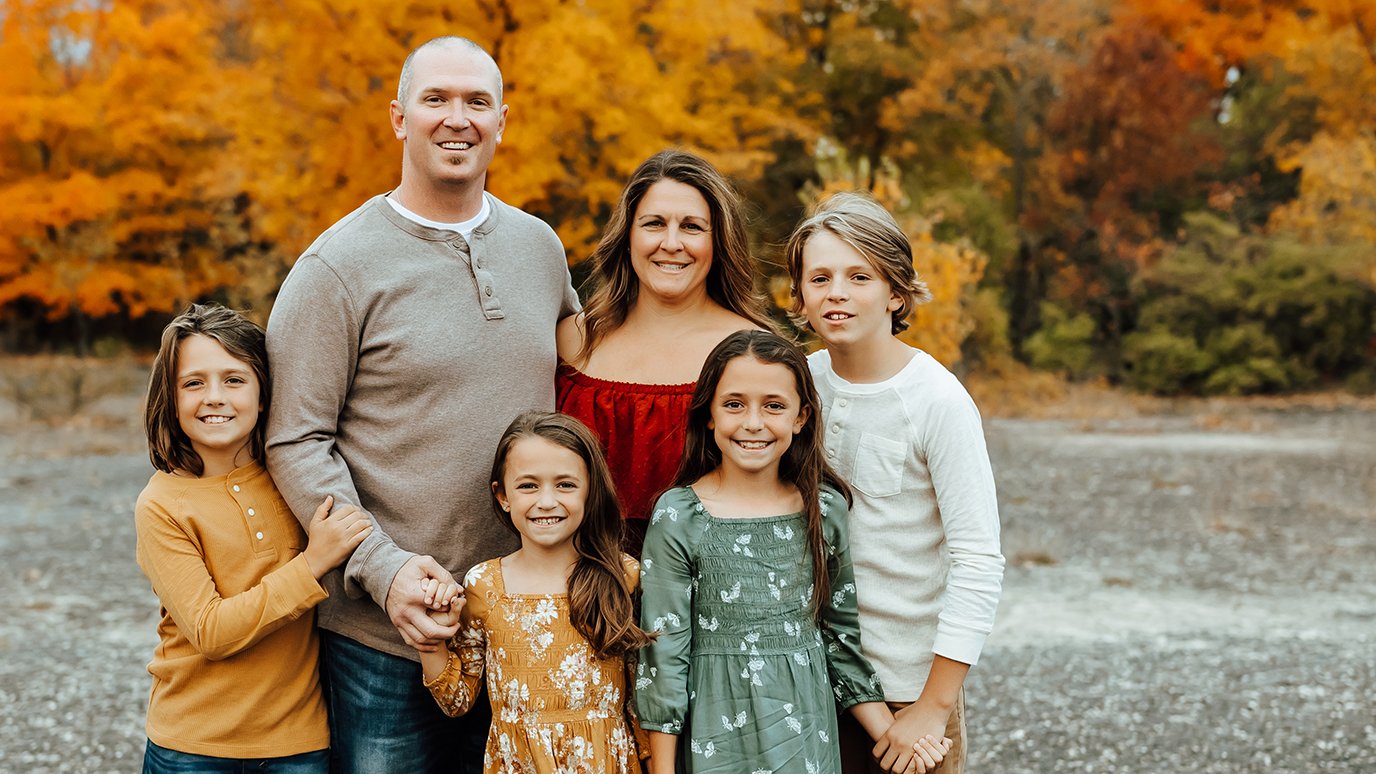- Diseases
- Acoustic Neuroma (16)
- Adrenal Gland Tumor (24)
- Anal Cancer (70)
- Anemia (2)
- Appendix Cancer (18)
- Bile Duct Cancer (26)
- Bladder Cancer (74)
- Brain Metastases (28)
- Brain Tumor (234)
- Breast Cancer (728)
- Breast Implant-Associated Anaplastic Large Cell Lymphoma (2)
- Cancer of Unknown Primary (4)
- Carcinoid Tumor (8)
- Cervical Cancer (164)
- Colon Cancer (168)
- Colorectal Cancer (118)
- Endocrine Tumor (4)
- Esophageal Cancer (44)
- Eye Cancer (36)
- Fallopian Tube Cancer (8)
- Germ Cell Tumor (4)
- Gestational Trophoblastic Disease (2)
- Head and Neck Cancer (14)
- Kidney Cancer (130)
- Leukemia (342)
- Liver Cancer (50)
- Lung Cancer (286)
- Lymphoma (278)
- Mesothelioma (14)
- Metastasis (30)
- Multiple Myeloma (100)
- Myelodysplastic Syndrome (60)
- Myeloproliferative Neoplasm (6)
- Neuroendocrine Tumors (16)
- Oral Cancer (102)
- Ovarian Cancer (178)
- Pancreatic Cancer (162)
- Parathyroid Disease (2)
- Penile Cancer (14)
- Pituitary Tumor (6)
- Prostate Cancer (150)
- Rectal Cancer (58)
- Renal Medullary Carcinoma (6)
- Salivary Gland Cancer (14)
- Sarcoma (238)
- Skin Cancer (302)
- Skull Base Tumors (56)
- Spinal Tumor (12)
- Stomach Cancer (66)
- Testicular Cancer (28)
- Throat Cancer (92)
- Thymoma (6)
- Thyroid Cancer (100)
- Tonsil Cancer (30)
- Uterine Cancer (86)
- Vaginal Cancer (18)
- Vulvar Cancer (22)
- Cancer Topic
- Adolescent and Young Adult Cancer Issues (22)
- Advance Care Planning (12)
- Biostatistics (2)
- Blood Donation (18)
- Bone Health (8)
- COVID-19 (360)
- Cancer Recurrence (120)
- Childhood Cancer Issues (120)
- Clinical Trials (628)
- Complementary Integrative Medicine (22)
- Cytogenetics (2)
- DNA Methylation (4)
- Diagnosis (240)
- Epigenetics (6)
- Fertility (62)
- Follow-up Guidelines (2)
- Health Disparities (14)
- Hereditary Cancer Syndromes (128)
- Immunology (18)
- Li-Fraumeni Syndrome (8)
- Mental Health (122)
- Molecular Diagnostics (8)
- Pain Management (62)
- Palliative Care (8)
- Pathology (10)
- Physical Therapy (18)
- Pregnancy (18)
- Prevention (940)
- Research (390)
- Second Opinion (78)
- Sexuality (16)
- Side Effects (616)
- Sleep Disorders (10)
- Stem Cell Transplantation Cellular Therapy (216)
- Support (408)
- Survivorship (330)
- Symptoms (182)
- Treatment (1794)
Facing esophageal cancer at age 26
5 minute read | Published October 07, 2021
Medically Reviewed | Last reviewed by an MD Anderson Cancer Center medical professional on October 07, 2021
Throughout his esophageal cancer treatment, Ross Bernkrant never once looked up the survival rates.
“I knew it wasn’t good,” he says. “I just repeated to myself, ‘I am a statistic of one.’”
Ross’ cancer diagnosis was a statistical outlier from the start. Esophageal cancer is rare. It makes up about 1% of all cancers diagnosed in the United States. It’s even more rare in young patients – fewer than 15% of cases are found in people younger than 55. But Ross was just 26 when he received his diagnosis.
And because esophageal cancer is so rare, it can be difficult to treat.
“I’m very fortunate that I came to MD Anderson,” Ross says. “I’ve been cancer-free for eight years, and I don’t know if I could say that if I had stayed at another hospital.”
Ross received his esophageal cancer diagnosis in May 2013. He had been experiencing extreme fatigue and figured it was because he’d been working so much, trying to build his career in finance. But he was having trouble swallowing his food, too. Something seemed wrong.
- Related: Esophageal cancer symptoms
A gastroenterologist performed an endoscopy and found a large tumor. Ross then saw an oncologist in Boca Raton, where he lived. He underwent a CT scan and was diagnosed with esophageal cancer. The cancer had spread through a large portion of his esophagus and down through his diaphragm, stomach and lymph nodes. It was considered stage III, possibly stage IV.
Ross was scared. He couldn’t believe he was dealing with a diagnosis that typically only impacted older men. He didn’t have any of the esophageal cancer risk factors. He didn’t use tobacco. He exercised, maintained a healthy weight and was otherwise healthy. Ross and his family began asking about the best place for esophageal cancer treatment. Over and over again, they heard MD Anderson.
Chemotherapy and radiation therapy at MD Anderson
At MD Anderson, Ross met with Jaffer Ajani, M.D., an oncologist specializing in gastrointestinal medical oncology. Ross underwent a CT scan, and his cancer diagnosis was confirmed and restaged as stage III, borderline IV. They outlined his esophageal cancer treatment plan: weekly rounds of chemotherapy and concurrent daily radiation for just a little over a month. The goal was to shrink the cancer enough that it could be removed through surgery.
Ross moved to Houston for treatment with his mom and stepdad. Each Monday, he began his chemotherapy treatments and wore a chemo bag containing his weekly dose of docetaxel and 5-fluorouracil. The bag was connected by a tube to his chemo port so he could receive ongoing infusions.
Shortly after starting treatment, he began to experience nausea in the mornings. His mom suggested he wake up in the middle of the night to eat crackers and drink water so he’d feel better when he woke up. It was a trick she had used when dealing with morning sickness while she was pregnant with Ross and his siblings. He never experienced nausea again after that.
Toward the end of his treatment, the radiation began to cause pain.
“It felt like I was swallowing with a sunburn on my throat,” says Ross. “I didn’t have much of an appetite.”
Through it all, Ross hoped the treatment was working.
“I was kind of on pins and needles for a month and a half,” he says. “You do all this, but you don’t know how the cancer’s responding.”
Fortunately, Ross’ cancer responded positively.
“I’ll never forget what the pathology report said. In fact, it’s saved as the background on my phone. It said, ‘Remarkable metabolic response.’ That was better than winning the lottery,” he says.
Surgery rounds out esophageal cancer treatment
The cancer had shrunk so small that it couldn’t be detected on the scan. Still, Ross met with surgeon Wayne Hofstetter, M.D., to discuss next steps. Hofstetter explained that if they didn’t perform surgery, there was still a chance that the cancer would return. If it did return, it would be harder to treat. They wouldn’t be able to perform radiation therapy on Ross’ esophagus a second time. But if Ross had surgery to remove the parts impacted by cancer, he was very likely to live to be an old man.
Ross agreed that surgery was the best option. He spent the next month and a half recovering from his initial treatment at his mom’s house in San Diego.
In August 2013, Hofstetter performed a seven-hour surgery. He removed two-thirds of Ross’ esophagus, several lymph nodes and one-third of his stomach, and then reconnected the remaining parts. After the surgery, pathologists found cancer cells still in the esophagus, too small for the original scans to detect.
“It made me extra glad we did the surgery,” Ross says.
But the recovery was difficult. Ross was unable to drink or eat following the surgery. For the first few days, he chewed on ice chips and had to spit them out because he couldn’t swallow. Eventually, he was able to drink, but had to rely on a feeding tube for a month a half. He stayed in the hospital for a week and in Houston for a month. His throat and mid-section hurt. But little by little, the pain started to go away, and he began to feel stronger.
Just before Ross was about to leave Houston to return to Florida, he was hospitalized with shingles. Because it was caught early, he was able to recover at his apartment. Once the virus was behind him, he was able to go home, cancer-free.
Life after esophageal cancer treatment
It’s been eight years since Ross’ cancer diagnosis.
Certain foods – mostly unhealthy ones, he says – can upset his now-smaller stomach. For the most part, though, he doesn’t notice many physical long-term side effects from cancer treatment. But it has changed how he lives his life.
Before cancer, Ross was focused on his career. But since then, he’s left his job in finance and began business partnerships with family and friends so he could spend more time with them. He values the time he spends with loved ones most of all and tries not to get too worried about little things.
“I’m actually really grateful for the experience. I have such a different perspective,” Ross says. “Most people don’t know how lucky they are just to be alive.”
Request an appointment at MD Anderson online or by calling 1-877-632-6789.
Related Cancerwise Stories

I am a statistic of one.
Ross Bernkrant
Survivor





